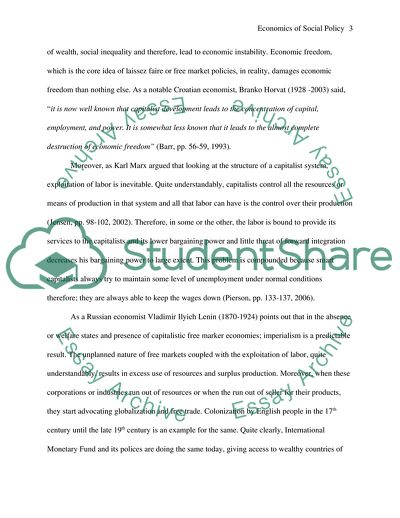Cite this document
(Why We Need a New Welfare State Literature review, n.d.)
Why We Need a New Welfare State Literature review. Retrieved from https://studentshare.org/macro-microeconomics/1744265-ecomonics-of-social-policy-social-policy-in-ireland
Why We Need a New Welfare State Literature review. Retrieved from https://studentshare.org/macro-microeconomics/1744265-ecomonics-of-social-policy-social-policy-in-ireland
(Why We Need a New Welfare State Literature Review)
Why We Need a New Welfare State Literature Review. https://studentshare.org/macro-microeconomics/1744265-ecomonics-of-social-policy-social-policy-in-ireland.
Why We Need a New Welfare State Literature Review. https://studentshare.org/macro-microeconomics/1744265-ecomonics-of-social-policy-social-policy-in-ireland.
“Why We Need a New Welfare State Literature Review”. https://studentshare.org/macro-microeconomics/1744265-ecomonics-of-social-policy-social-policy-in-ireland.


